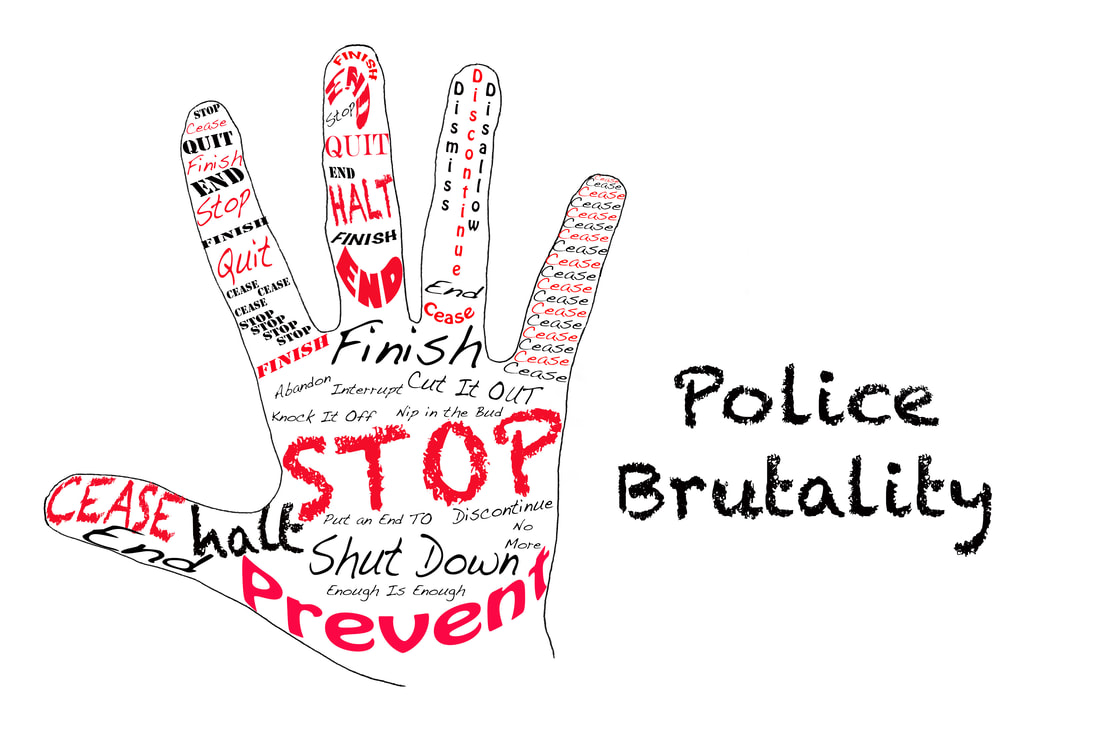|
Two Philadelphia police officers accused of causing a woman's miscarriage had their jury verdict win yanked by the Third Circuit after it ruled that evidence about the woman's marijuana usage was improperly allowed into the trial and likely skewed jurors' opinions on the matter. Medical experts on both sides had testified that Kenya Shujaa's marijuana use did not play a part in her miscarriage, yet a Pennsylvania federal judge still allowed it to be mentioned during the trial, the three-judge panel said in its Thursday order. Considering the general public's views on cannabis usage during pregnancy, it would be a stretch to assume that the jury would not vilify Shujaa upon hearing she smoked marijuana while pregnant, said Circuit Judge Theodore A. McKee, who wrote the opinion for the panel. "Evidence and argument regarding marijuana use had no probative value," the judge said. "Yet, it carried a great risk of causing unfair prejudice. Given that marijuana use during pregnancy is stigmatized and remains a contentious issue, it is conceivable that the jury found the officers were not liable, in large part due to negative or misplaced reactions about Shujaa's marijuana use." The appellate court ordered that a new trial be held, and it also reversed a pretrial ruling by U.S. District Judge Timothy R. Rice, who allowed evidence and arguments relating to Shujaa's marijuana use into the case. According to the lawsuit, officers Robert Schutte and Michael Navedo of the Philadelphia Police Department directly caused Shujaa's miscarriage on Sept. 13, 2015, by forcefully pushing a door that Shujaa was attempting to open and hitting her stomach in the process. The blow caused her to miscarry three days later, the suit said. The suit also names Sgt. Michael Melvin as a defendant for actions related to the incident, and the plaintiffs in the case — Shujaa and Darus L. Hunter — seek damages from the city under a theory of vicarious liability. Shujaa testified that she smoked marijuana a few times a week with Hunter, who is now her husband, according to the court record. The plaintiffs specifically asked that this evidence be excluded from the record, but Judge Rice denied this motion. Additionally, the judge brought the marijuana use up during the trial himself, the panel said. "Indeed, during the defense expert's testimony, the District Court — quizzically — raised this matter with the expert sua sponte," the panel said. "The District Court specifically asked the defense expert to comment on the impact, if any, of Shujaa's marijuana use in the case." But ultimately, the medical expert who was questioned by the judge about the cannabis did not explicitly argue that smoking marijuana was a primary, secondary or tertiary cause of Shujaa's miscarriage, according to the panel. During oral arguments, held on Dec. 13, 2022, counsel for the city, Jennifer MacNaughton, argued that Judge Rice properly admitted the evidence into trial, noting that the officers submitted an article by the National Institute of Child Health and Development stating that marijuana use is a risk factor that can lead to a stillbirth. But the panel's Thursday opinion said this finding was largely irrelevant, since the term "stillbirth" refers to the death of a fetus no more than 20 weeks old, and it was undisputed that Shujaa was only 18-weeks pregnant at the time she miscarried. MacNaughton further argued that the city's medical expert didn't totally abandon the marijuana issue, noting that he did testify that he advises his patients against using cannabis while pregnant. But Judge McKee said this was exactly the problem with allowing Shujaa's use of marijuana into the trial. "All the evidence says, as to this plaintiff, [marijuana usage] had no impact," he said during the oral arguments last year. "But jurors know that pregnant women shouldn't engage in certain kinds of behavior. They are going to think she's a lousy mother. They can't be sympathetic to her." Shujaa's alleged injury happened at Hunter's home, the lawsuit claimed. The police were responding to a call they had received from the mother of Hunter's daughter saying that he had violated his custody agreement. The suit alleged that the officers entered his home in an "unprofessional manner," but then left after Hunter presented them with the agreement showing that he was in compliance with the custody arrangement. Hunter then called the police department to file a complaint about the officers' behavior, the suit said. After which, Schutte and Navedo drove to his home again that night to tell him they were aware he had complained and to warn him not to get himself "locked up." It was during that second visit that Shujaa was hit, according to the suit. The Philadelphia Police Department declined to comment on this story Friday, and representatives for Shujaa and Hunter did not immediately respond to a request for comment. Circuit Judges L. Felipe Restrepo, Theodore A. McKee and D. Brooks Smith sat on the panel for the Third Circuit. Hunter and Shujaa are represented by David Costigan, John P. McClam and Monica Gorny of Dechert LLP. The city and the officers are represented by Jennifer MacNaughton of the Philadelphia Law Department. The case is Darus Hunter et al. v. City of Philadelphia et al., case number 21-2912, in the U.S. Court of Appeals for the Third Circuit.
0 Comments
Leave a Reply. |
HISTORY
April 2024
Categories |
© Walk 4 Change. All rights reserved.


 RSS Feed
RSS Feed